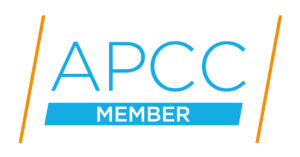Dear Board of Directors | Release Date: 26th August 2021
To read a longer summary of this Dear Board of Directors, letter, click here.
To access the original FCA document, click here.
Short Summary
The Financial Conduct Authority (FCA) has issued an update for loan-based Peer-to-Peer (P2P) crowdfunding platforms, outlining key risks and regulatory expectations. The FCA identifies four main areas of potential harm for investors in the P2P sector: secondary markets for loans, wind-down plans (WDPs), disclosure of loan performance during loan forbearance, and clarity regarding platform fees, charges, and priority over recoveries.
The FCA’s concerns include the adequacy of risk management obligations related to secondary markets, especially in light of liquidity issues heightened by the COVID-19 pandemic. It stresses the importance of robust wind-down plans that are realistic and tested against possible triggers. Additionally, the FCA emphasises the need for transparent disclosure of loan performance, urging platforms to ensure investors are well-informed, particularly during periods of loan forbearance influenced by the pandemic.
Moreover, there is a call for clearer communication regarding platform fees and charges to ensure that investors fully understand the financial impacts, particularly in scenarios of borrower defaults and platform insolvency.
The FCA mandates P2P platforms to conduct thorough financial crime risk assessments and maintain high standards in credit risk analysis and financial crime controls. Platforms are expected to suspend secondary trading if they cannot meet these requirements. Senior Managers are accountable for the adherence to these practices, and the FCA asserts its intention to intervene in cases of non-compliance.
Key takeaway:
P2P platforms must rigorously assess and manage risks, enhance transparency in communications with investors, and ensure all regulatory expectations are met to protect investor interests and maintain market integrity. The FCA expects platforms to submit detailed compliance and risk management plans, reflecting a proactive approach to regulatory adherence and investor protection.












